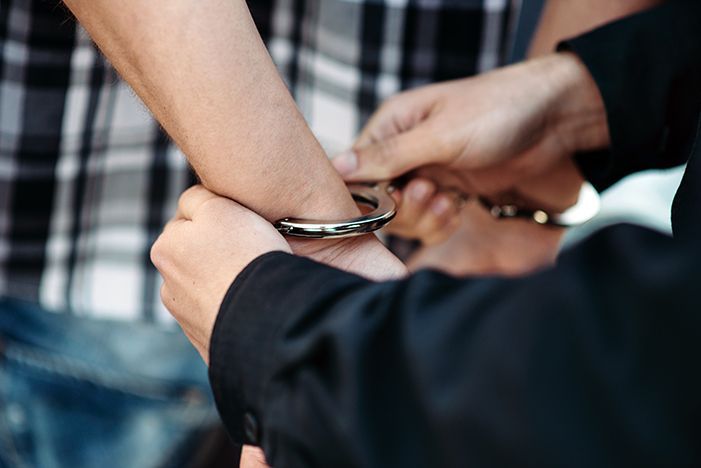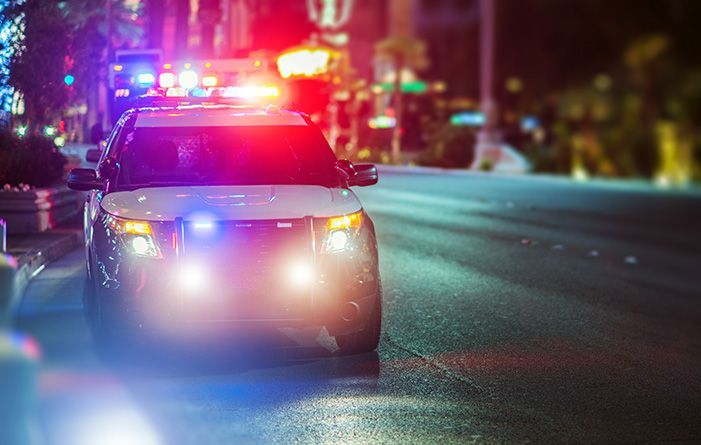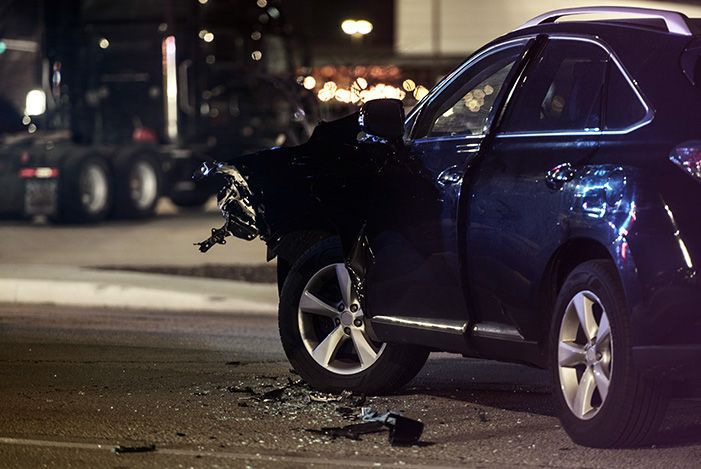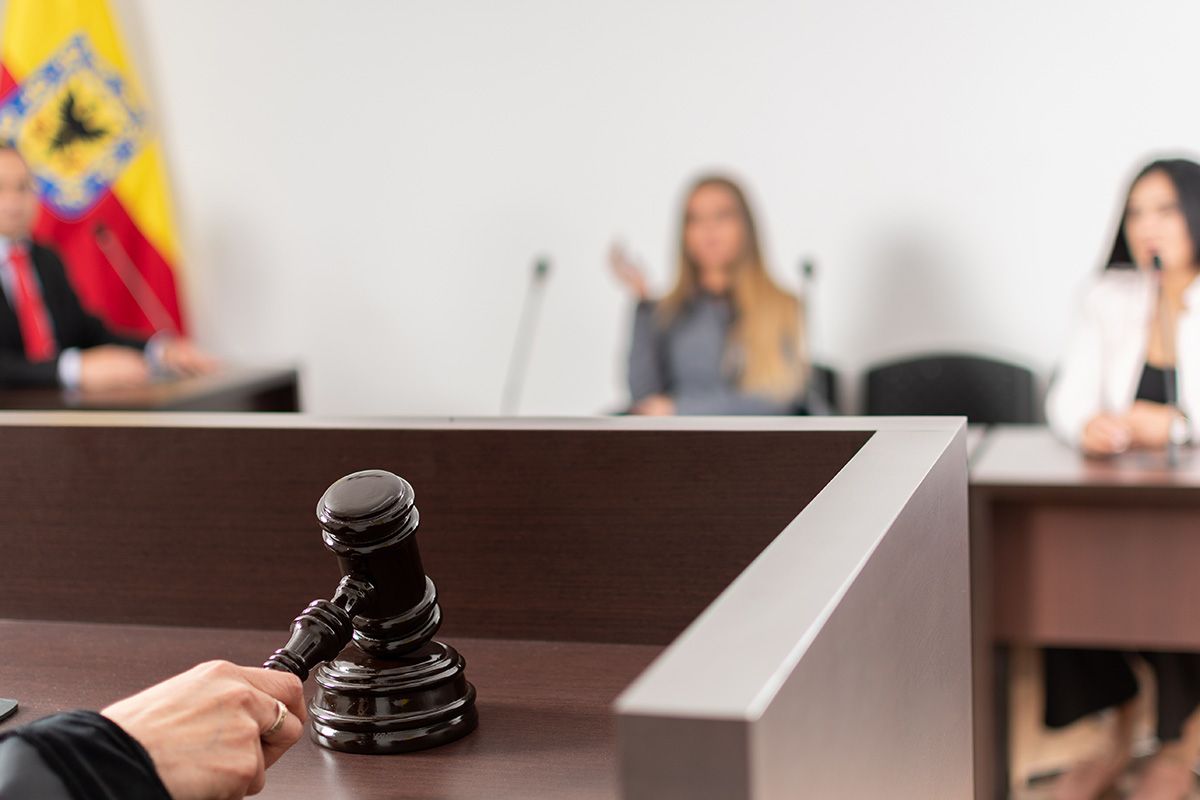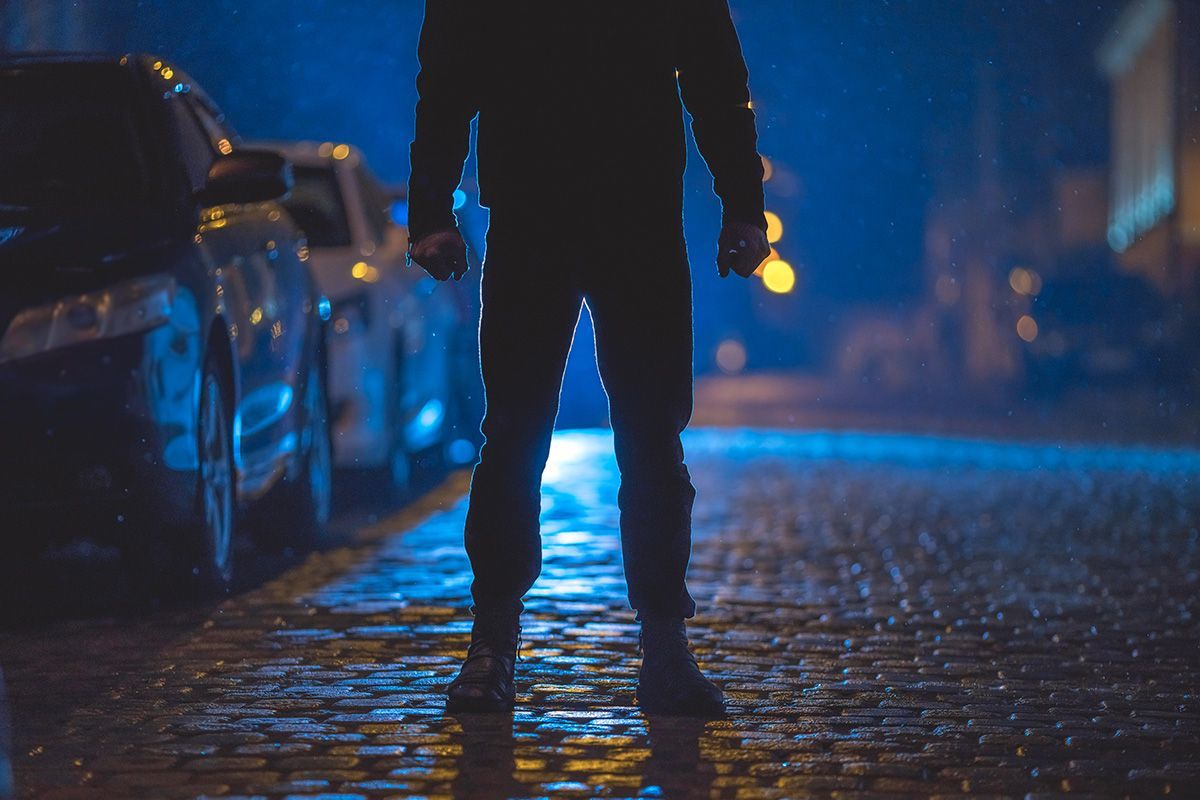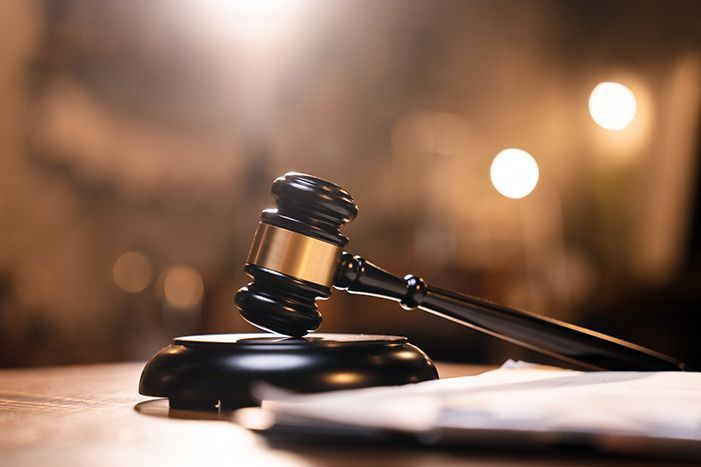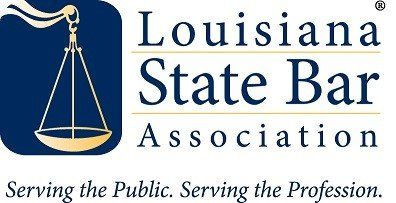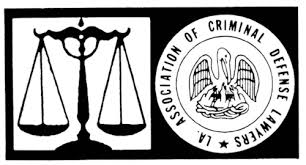Can a Lawyer Appear in Court on My Behalf in New Orleans?
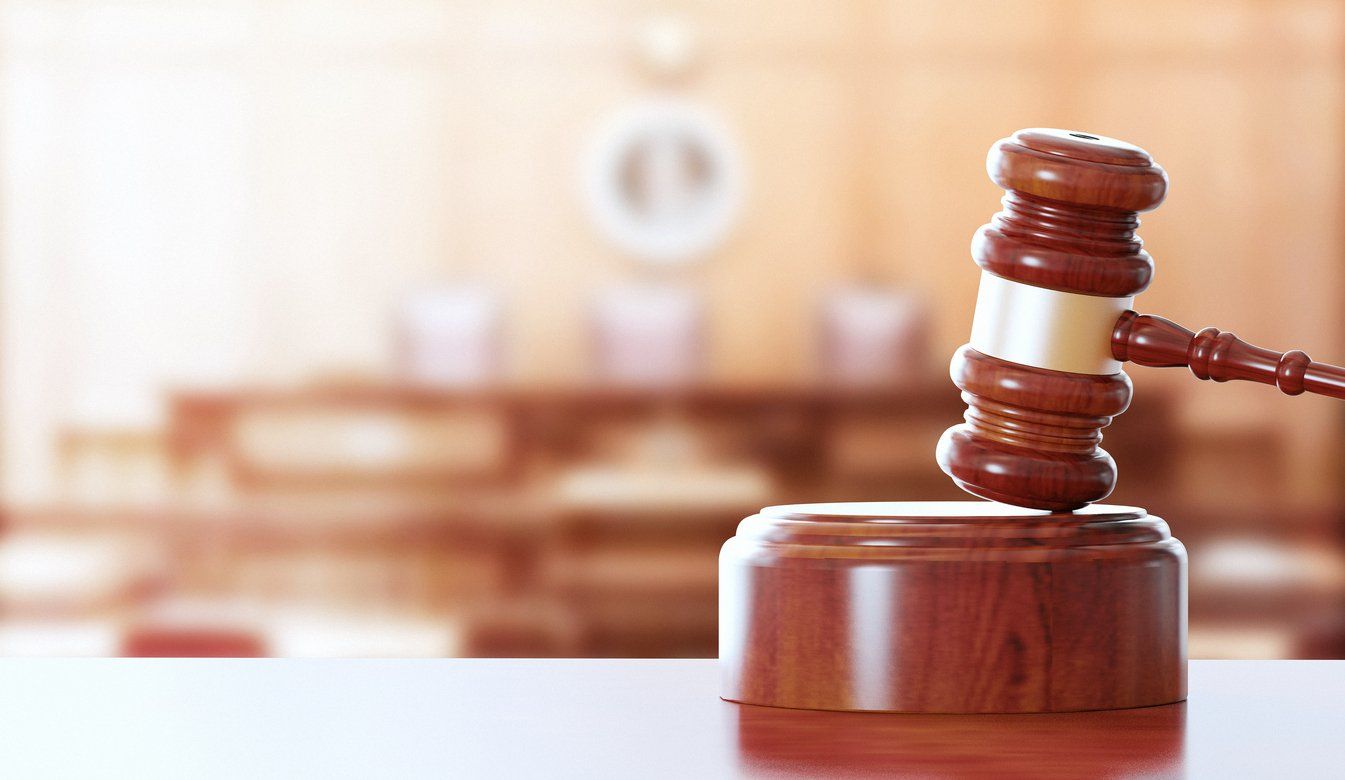
Can My Lawyer Go to Court For Me?
When faced with legal issues, many people wonder, “Can a lawyer appear in court on my behalf? Can my lawyer go to court for me?”. This question is especially pertinent for out-of-state visitors to New Orleans who may find themselves in legal trouble during their stay.
There are many reasons that you may wish for a lawyer to appear in court in your place. Perhaps you live out of state, or you can’t get time off from work, or you can’t find childcare during the time you are expected to be in court.
Here's what criminal defense lawyer New Orleans Lance J. Robinson has to say: "Luckily, there are many instances in which the law permits an attorney to appear in court on a client’s behalf." Whether you’re dealing with misdemeanor charges or more serious felony charges, understanding your options for legal representation is vital.
When Can a Lawyer Appear in Court on My Behalf?
Hear it from Lance in the video below or keep reading for more information.
Court Appearance Requirements
Understanding the requirements for court appearances is important, as they can vary significantly based on the type of case, the severity of the charges, and the stage of the legal proceedings.
For misdemeanor charges, your attorney often has the flexibility to appear in court on your behalf, which can be particularly beneficial if you are an out-of-state client or have other constraints preventing you from attending. This can include initial appearances, entering a not guilty plea, and attending preliminary hearings.
However, when it comes to felony charges, the rules are generally more stringent. The court typically requires the defendant’s presence during critical stages such as the arraignment, plea, and trial. In some instances, the court may allow a defendant to waive their appearance through a written affidavit or by filing a motion, especially if there are compelling reasons such as health issues or significant travel constraints.
Consulting with a criminal defense attorney is essential to understand the specific court appearance requirements for your case. Your attorney can guide you on when your presence is mandatory and when they can represent you in court without you being there.
The Role of Your Attorney in Court Appearances
Your criminal defense attorney plays a vital role in your case, often acting on your behalf in various court proceedings. However, the extent to which your lawyer can represent you without your physical presence depends on several factors, including the nature of the charges and the specific court hearing in question.
It's important to note that Louisiana law provides some flexibility regarding a defendant's presence in court. According to Article 834 of the Louisiana State Constitution, in the event of a criminal prosecution:
The defendant has a right to be present, but his presence is not essential to the validity of any of the following proceedings in a criminal prosecution:
(1) The making, hearing of, or ruling on a preliminary motion or application addressed to the court;
(2) The making, hearing of, or ruling on a motion or application addressed to the court during the trial when the jury is not present; except as provided in Clause (4) of Article 831; and
(3) The making, hearing of, or ruling on a motion or application made after a conviction.
This provision allows for certain proceedings to take place without the defendant's physical presence, which can be particularly beneficial for out-of-state defendants or those with scheduling conflicts.
Understanding Court Appearances for Different Charges
For Misdemeanor Charges
For misdemeanor charges in Louisiana, there are many instances where your defense attorney can appear in court on your behalf. This is particularly helpful for out-of-state clients who may find it challenging to return to New Orleans for each court date.
Examples of misdemeanor charges are simple battery, petty theft (such as shoplifting small items), disorderly conduct, public intoxication, trespassing, minor vandalism, possession of small amounts of marijuana in some jurisdictions, disturbing the peace, reckless driving, first-offense DUI/DWI in some states, open container violations, minor in possession of alcohol, and harassment.
Arraignment
In most misdemeanor cases, your lawyer can file a motion to waive your presence at the arraignment. This means you don’t have to be physically present for this initial court appearance.
Plea Entry
Your attorney can enter a not guilty plea on your behalf without you being present in the courtroom. According to Article 833of the Louisiana State Constitution, “The court may permit a defendant charged with a misdemeanor to be arraigned, enter his plea of guilty, or be tried, in his absence.” Furthermore, the law states, “A plea of not guilty of a misdemeanor may always be entered through counsel and in the absence of the defendant.”
In other words, if you have been charged with a misdemeanor and plan to plead not guilty, your attorney may enter that plea without you present in the courtroom.
If you are entering a guilty plea, you may or may not be permitted to have an attorney appear on your behalf. This decision will be made at the discretion of the court.
However, paying fines for misdemeanor charges effectively results in pleading guilty, which can lead to consequences such as license suspension or increased insurance premiums. It's important to seek legal advice before making such a decision.
Preliminary Hearings
Often, your lawyer can attend preliminary hearings and motion hearings without your personal appearance.
For Felony Charges
For felony charges, the rules are more stringent, but there are still some situations where your attorney can represent you.
Examples of felony charges include more serious offenses such as murder, manslaughter, rape, armed robbery, burglary, grand theft auto, aggravated assault, drug trafficking, kidnapping, arson, large-scale fraud, forgery, identity theft, possession of large quantities of illegal drugs, multiple DUI/DWI offenses, child abuse, severe cases of domestic violence, and white-collar crimes like embezzlement and money laundering.
Initial Court Dates
In some cases, your lawyer can file an affidavit or order to waive your presence for the first court date.
Plea Negotiations
Your attorney can discuss plea deals with the prosecutor in your absence.
Motion Hearings
Depending on the nature of the motion, your lawyer may be able to appear on your behalf.
Knowing your trial date and being informed about court appearances is crucial, as these can significantly affect the outcome of your case.
However, it's important to note that for most felony charges, the defendant's presence is typically required for significant proceedings, especially if the case goes to trial. Your attorney can advise you on which appearances are mandatory and which can be waived under Article 834.
Waivable Offenses and Court Appearances
Some offenses are considered "waivable," meaning the defendant's appearance can be waived for certain proceedings. These often include minor infractions and some misdemeanors. However, for more serious crimes, particularly felonies, the judge may require the defendant to be physically present in court.
Examples of Potentially Waivable Offenses:
- Public intoxication
- Minor traffic violations
- Disorderly conduct
- Some first-time, non-violent offenses
It's important to consult with your attorney to understand which court appearances you must attend and which ones your lawyer can handle on your behalf.
The Importance of Legal Representation
Regardless of whether you can personally appear in court, having a skilled criminal defense attorney is essential. Your lawyer can:
- File necessary motions
- Negotiate with prosecutors
- Advise you on plea options
- Represent your interests in court
- Potentially get charges reduced or dismissed
Consequences of Not Appearing in Court
Failing to appear in court can lead to severe consequences that can complicate your legal situation further. One of the most immediate repercussions is the issuance of an arrest warrant. If the court deems that you have failed to appear without a valid reason, a warrant for your arrest may be issued, leading to potential detention by police officers.
Additionally, missing a court date can result in additional criminal charges, such as contempt of court or failure to appear, which can carry their own set of penalties. These additional charges can lead to increased penalties, including longer sentences or higher fines, making your legal battle even more challenging.
In some jurisdictions, failing to appear in court can also affect your driving privileges. The court may order the suspension or revocation of your driver’s license, adding another layer of inconvenience and penalty to your situation.
To avoid these severe consequences, it’s important to take court appearances seriously. If you find yourself unable to attend a scheduled hearing, notify your attorney and the court as soon as possible to explain your situation and seek a continuance if necessary.
Benefits of Appearing in Court with Your Attorney
While your attorney can often represent you in court without your physical presence, there are significant benefits to appearing in court alongside your legal counsel. Your personal appearance can demonstrate to the court that you are taking the proceedings seriously and are committed to resolving the case. This can positively influence the judge’s perception of you and potentially impact the outcome of your case.
Being present in court also allows you to provide real-time input on your case. You can communicate directly with your attorney, ensuring that your interests are fully represented and that you are aware of all developments as they happen. This can be particularly important during critical stages such as plea negotiations or motion hearings.
Additionally, attending court gives you the opportunity to observe the legal process firsthand. This can help you feel more comfortable and informed about the proceedings, reducing anxiety and helping you understand the strategies your attorney employs.
Finally, appearing in court with your attorney allows for face-to-face conversations, ensuring that you and your lawyer are on the same page. This direct communication can be invaluable in formulating a robust defense strategy and addressing any concerns you may have.
However, it’s essential to follow your attorney’s advice regarding court appearances. In some cases, your attorney may have a specific strategy that involves you not being present, and it’s important to trust their professional judgment.
What Happens When You Can't Attend Court
If you're unable to attend a mandatory court appearance, it's very important to:
- Contact your attorney immediately
- Explain your situation to the court through your lawyer
- Request a continuance if possible
- Understand the consequences of missing a court date, which can include arrest warrants and additional charges
The Court Process From Arrest to Sentencing
Understanding the court process can help you navigate your legal journey:
- Arrest: Police officers detain the accused person.
- Booking: The defendant's information is recorded.
- Arraignment: Formal charges are read, and the defendant enters a plea.
- Preliminary Hearings: Evidence is presented to determine if the case should go to trial.
- Plea Bargaining: Attorneys discuss potential plea deals.
- Trial or Plea Agreement: The case either goes to trial or a plea agreement is reached.
- Sentencing: If found guilty or pleading guilty, the judge determines the punishment.
Throughout this process, your attorney can advise you on when your presence is required and when they can appear on your behalf.
Trial vs. Plea Agreement
After the preliminary stages, you generally have two options: negotiate a plea deal or go to trial. In order to reach the best outcome and avoid inconvenience for you, attorneys most often work out a deal and avoid trial. However, if a favorable agreement cannot be reached, your case may proceed to trial.
If you go to trial, you receive the court's ruling at the end of the trial, which tells you whether you have been found innocent or guilty. If you are found guilty, you will also receive your sentencing, or punishment.
Sentencing and Your Presence in Court
During sentencing, Louisiana law may or may not require you to be present in court. The requirement to appear in court for sentencing mostly depends on the nature of your charges, the discretion of the judge assigned to your case, and the legal actions you take beforehand.
Article 835 of the Louisiana State Constitution states that in felony cases, the defendant must always appear in court to receive their sentence. In misdemeanor cases, the defendant is required to be present at the pronouncement of their sentence unless otherwise excused by the court.
With the help of an attorney, you can take the proper steps so your attorney may be allowed to appear in court on your behalf during sentencing, especially in misdemeanor cases. This can be particularly beneficial for out-of-state defendants or those with significant scheduling conflicts.
It's crucial to discuss these options with your attorney early in the process. They can guide you on the best course of action and work to minimize your required court appearances while still ensuring the best possible outcome for your case.
Making the Right Choice When Hiring a Defense Attorney
When selecting a New Orleans defense attorney to represent you, consider:
- Experience with similar cases
- Knowledge of local courts and procedures
- Communication style and availability
- Track record of success
A skilled criminal attorney can navigate the complexities of the legal system, potentially saving you time, stress, and even helping you avoid conviction or reduce penalties.
Your Rights and Responsibilities in Court
Navigating the legal system can be complex, especially when it comes to court appearances. While there are many instances where your lawyer can represent you in court, particularly for misdemeanor charges and certain felony proceedings, it's important to understand that some situations will require your physical presence. The key is to work closely with a knowledgeable attorney who can guide you through these intricacies.
Whether you're facing a minor infraction or serious criminal charges, having competent legal representation is not just beneficial—it's essential. An experienced criminal defense attorney can protect your rights, strategically guide you through the legal process, and work tirelessly towards the best possible outcome for your case.
If you find yourself in legal trouble in New Orleans, don't navigate this challenging terrain alone. New Orleans defense attorney Lance J. Robinson has the expertise and local court knowledge to effectively represent you, whether you're able to appear in court personally or need an attorney to stand in on your behalf.
With over 25 years of experience in criminal defense and having successfully defended 3,000 clients in New Orleans, Jefferson Parish, and surrounding areas, Lance J. Robinson understands the nuances of Louisiana law and provides robust legal representation across a wide range of cases. His expertise spans:
- DWI and DUI charges
- Domestic abuse battery
- Public intoxication
- Criminal trespassing
- Disturbing the peace
- Lewd conduct
- Criminal damage to property
- Simple battery
- Traffic tickets
Lance can even assist with expungement, helping you clear your record and move forward with your life.
Whether you're a local resident or an out-of-state visitor, Lance has successfully helped numerous clients navigate their legal challenges with minimal disruption to their lives. His deep understanding of Louisiana law and extensive courtroom experience ensure that you'll receive the highest quality legal representation, tailored to your specific situation.
Don't let uncertainty about court appearances add to your stress. Contact the Law Office of Lance J. Robinson today at (504) 427-6210 for a free consultation. Let us help you understand your rights, explore your options, and develop a strategic approach to your case. With Lance J. Robinson as your advocate, you can move forward with confidence, knowing you have a dedicated legal professional fighting for your best interests every step of the way.
Call Lance for a Free Consultation Today!
Whether you're fighting charges or considering a plea deal, New Orleans defense attorney Lance J. Robinson will represent your interests at every stage. As his client, you'll receive expert, aggressive, and professional handling of your case. He understands the stress of legal challenges and is committed to shouldering that burden for you.
Don't face the legal system alone. Let Lance be your voice in court.
Call or Text Lance J. Robinson at (504) 427-6210 for a Free Consultation right now. He's available 24/7.
Take the first step towards strong legal defense. Contact Lance today to learn how he will fight for your best interests and work towards the most favorable resolution possible.
